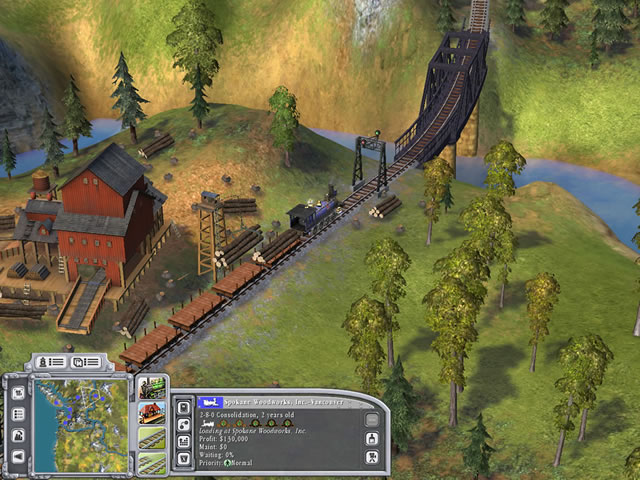

GME over the past 2 years in terms of stock value has pretty much held despite its turn around. I also think we are starting to see banks eat eachother through short selling, which is why we are seeing some movement on what this group has been advovating for in terms of short selling restrictions and reporting. Especially if that stock held a price higher than you thought previously possible. If they are naked shorting and selling their underlaying asset to meet capital requirements at the same time, then an unforseen rise in a stocks price would be devastating.

I would imagine all institutions have seen at least some percentage of their deposits drop.Īnother scenario, that is likely also playing out is a large bubble forming around short positions. That should be at least some sort of indicator for other deposit holding institutions as well. That really hurts an institutions ability to lend and leverage. I think it was Schwab that had 30% of deposits decline since January. This is doubly fucked when you see deposits fleeing in the midst of high inflation. It then makes more sense to me that what we see is institutions selling their raw shares for paper handed profits to meet capital requirements, that have risen due to a rise in interest rates. Maybe not if I you look at the drop in a wide range of stock values this year through the lense of a liquidity crunch. One question i dont see enough people asking is, how are all these corporations owned by large investment banks like Black Rock, and Vanguard posting non stop record profits for 2 years, and still have their stock values tank this year? I though it was record profit? Doesn't that also mean record profit for their shareholders? The Nikkei 225 crisis was reported to be 7% of their GDP, and that is the benchmark I use when looking at the current crisis developing In US financial markets. So the SEC and DTCC and FDIC aiding financial institutions to prevent market failure or a systemic event seems likely when using the Nikkei 225 as a comparison. The MoF in Japan allowed banks to use sketchy accounting practices and even went as far as to help them cover up their bad debts. One key difference for Japan in the 90's was their ability to lower interest rates to curtail capital requirements and continue to stipend losses into subsidiaries, enabling the can kick for nearly a decade.Ī key similarity to the Nikkei 225 crisis IMO is that financial institutions are being aided and abetted by their regulators. Seriously, who went and checked out what the SEC was before this whole saga?Īfter reading about the Nikkei 225 crisis in Japan during the 90's it is very evident how bad the liquidity crisis must be behind closed doors, we are seeing essentially a convoy system come into play when banks like UBS and First National go illiquid.Īs smaller banks go down, it gets sold to larger banks essentially becoming a subsidiary of that bank. (I was 100% guilty of this)Īs this Saga has unfolded we have seen GameStop turn around in terms of efficiency and profitability.Īt the same time we have also seen the cracks of the financial sector start to show, and the effects of decades worth of inflation over the last couple years set in and now start to level off to ease public tension in more recent months.Īnother key thing is us apes! There has never been a bigger magnification of boring old financial process then today by us apes. The Sneeze was an indicator of 2 very important things in my opinion.ġ) systemic corruption is happening at the highest levelsĢ) sentiment for GameStop was misplaced, leading it to be undervalued on many fronts. What we have collectively gathered in the previous 2+ years is Known information that is not being factored into value, and we have also been victim of and witnessed inefficient markets daily. Random Walk Theory suggests that TA and DD is akin to astrology, and that what a stock trades on is known information. Random walk theory also implies that the stock market is efficient and reflects all available information." This means that stock prices move unpredictably, so that past prices cannot be used to accurately predict future prices. "What Is Random Walk Theory? Random walk theory suggests that changes in asset prices are random.


 0 kommentar(er)
0 kommentar(er)
